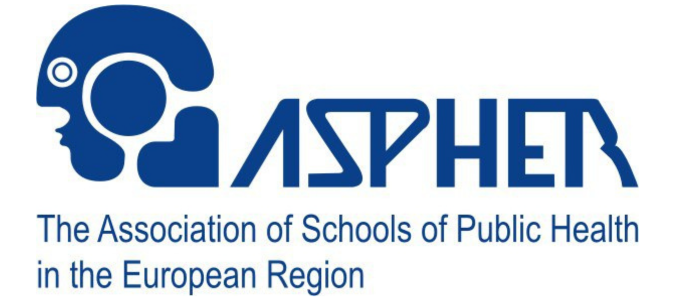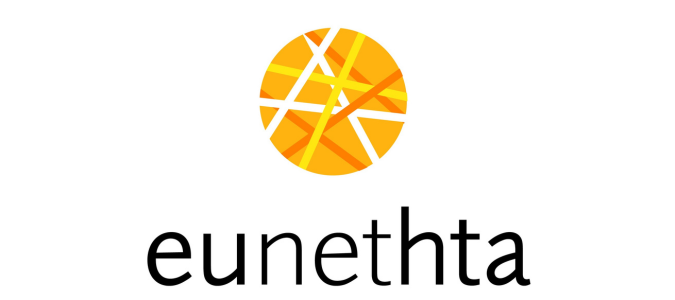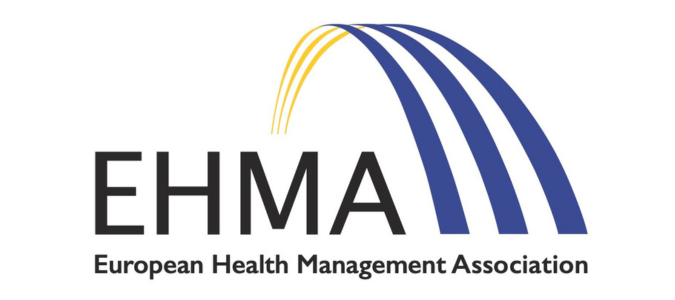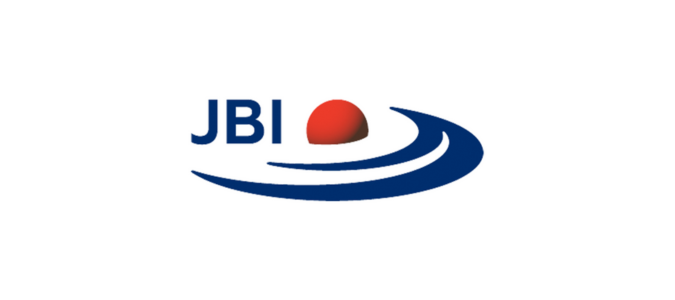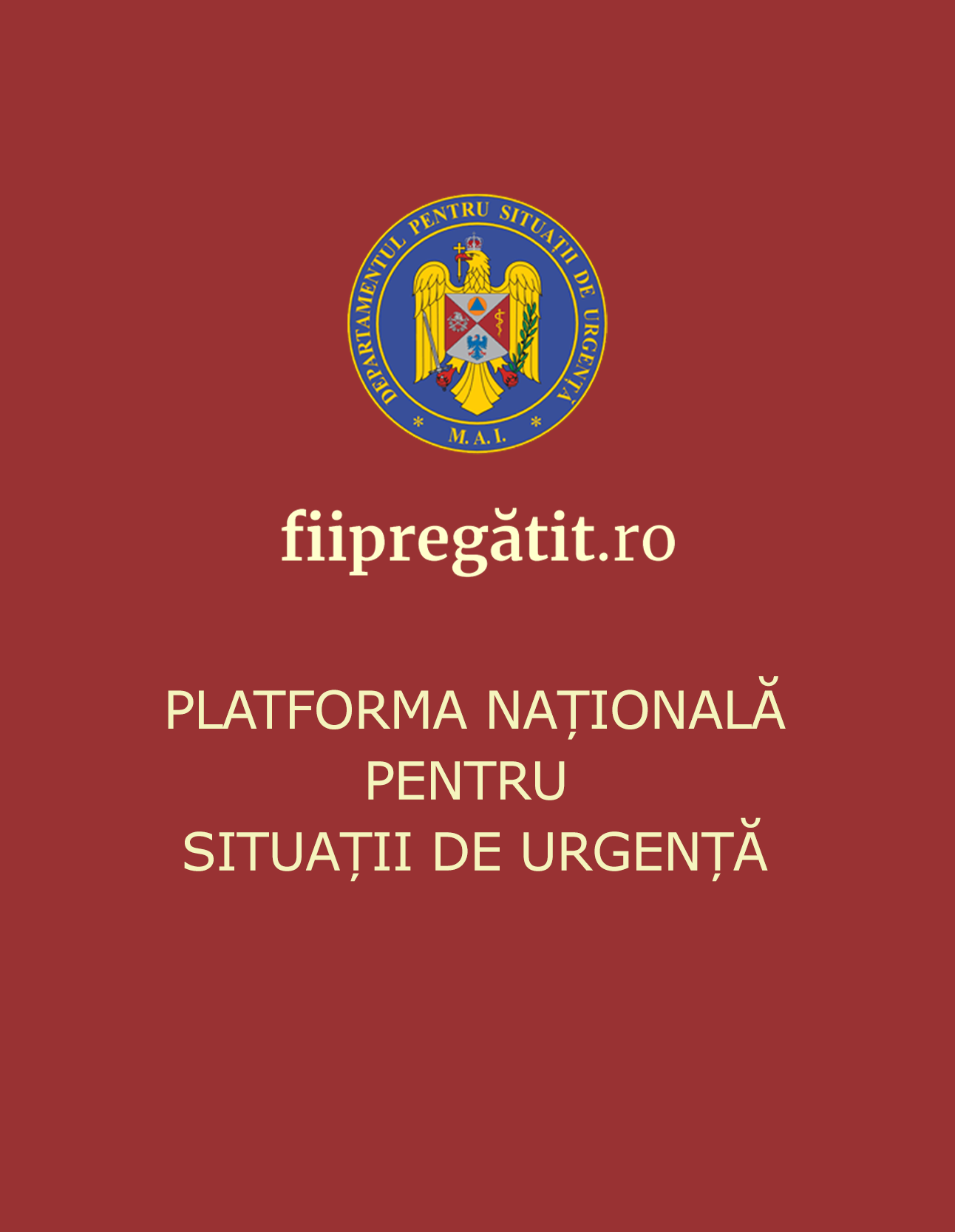Nutrition and dietetics
Target group
General nurses, paediatric nurses.
National Responsible: Prof. Univ. Dr. Constantin IONESCU Romanian Academy
INMSS specialization responsible: Mrs MARILENA COMAN, phone 021/2556551 email: reconversieasistenti@yahoo.com
Training centres:
- Bucharest, As. Univ. Dr. Simona CARNICIU
General objectives
1. Assisting patients with nutritional and dietary problems
2. Preparation and supply of food requirements
3. Preparation of menus and supplements, on the specialist’s instructions
4. Supervision of menu preparation and distribution of prepared meals
5. Ensuring general hygiene and sanitary conditions in the workplace
6. Interactive communication at work and with patients
7. Resolving complaints and enquiries about menus
8. Food block staff training
Specific objectives
At the end of the programme the assistants will be able to:
1. Demonstrate the knowledge and skills required to perform the specific duties of the nutrition and dietetic nurse
2. Decide how to apply in practice the specific cognitive skills, abilities and competences characteristic of the field of nutrition and dietetics
3. Demonstrate communication skills with the patient, medical team and caregivers, specific to nutrition and dietetics specialization
Skills
1. Preparing the food survey
2. Preparing a diet for the healthy and sick person; preparing the menu
3. Participation in the organisation and operation of the food block
4. Monitoring of food consumption per section
5. Supervision of food preparation according to recommended menus
6. Organoleptic evaluation of food; supervision of food storage and preservation
7. Supervision of the collection of food samples and their proper storage according to the rules in force
8. Drawing up the documents for the rhythmic supply of the food block with food; daily drawing up of the food sheet
A. THEORETICAL CONCEPTS
1. The physiological basis of nutrition
1.1 Study of energy production
1.2 Carbohydrates
1.3 Proteins
1.4 Lipids
1.5 Energy balance and weight control
1.6 Regulating feeders
1.7 Vitamins
1.8 Mineral
1.9 Fluids and electrolytes
1.10 Food additives and antioxidants
2. Nutrition in health promotion
2.1 Assessment of nutritional status
2.2 Planning a balanced diet
2.3 Gastrotechnology
2.4 Healthy eating in different age groups
- – child
- – adolescent
- – elderly
- – pregnancy and breastfeeding
2.5 Nutrition in communities
3. Clinical nutrition
3.1 Diseases of the gallbladder and pancreas
3.2 Liver diseases (hepatitis, cirrhosis, alcoholism)
3.3 Cardiovascular diseases
3.4 Renal diseases
3.5 Diabetes
3.6 Gout and uric lithiasis
3.7 Neoplastic diseases
3.8 Obesity and dyslipidaemia
3.9 Hypovitaminosis and anaemia
3.10 Malnutrition
3.11 Musculoskeletal conditions
B. PRACTICAL ACTIVITIES. GENERAL TECHNIQUES AND METHODS
1. Preparing the food survey
2. Making a diet for healthy and sick people
3. Menu design
4. Participation in the organisation and running of the food block
5. Monitoring of food consumption per section
6. Supervision of food preparation according to recommended menus
7. Organoleptic evaluation of food
8. Supervision of food storage and preservation
9. Supervision of the collection of food samples and their proper storage according to the rules in force
10. Drawing up documents for the rhythmic supply of food to the food block
11. Daily preparation of the food sheet
THE SCALE OF PRACTICAL ACTIVITIES CARRIED OUT IN THE WORKPLACE UNDER SUPERVISION
1. Calorie evaluation of menus
2. Assessment of carbohydrate content
3. Assessment of lipid content
4. Assessment of protein content
5. Method of diet preparation for the healthy man
6. Diet in digestive diseases
7. Diet in liver disease
8. Diet in bile duct diseases
9. Diet in diseases of the pancreas
10. Diet in cardiovascular disease
11. Diet in kidney disease
12. Diet in diabetes mellitus
13. Diet in obesity
14. Diet in malnutrition
15. Diet in dyslipidaemia
16. Diet in gout
17. Diet in pregnancy
ORGANISATIONAL DETAILS
The practical and theoretical work will be carried out in a hybrid system: face-to-face and online on the course platform www.perfmed.ro, on the ZOOM application and/or face-to-face.
The timing, location and scheduling of subjects by day and time is done by the local specialisation programme officer;
- Organisation and conduct of practical work:
- The supervised practical work will take place at the workplace during working hours over the 30 weeks of the programme.
- The direct hands-on hours will be organised online on the course platform www.perfmed.ro, on the ZOOM application.
- Organisation and conduct of theoretical and assessment activities
- The course material will be presented online on the perfmed course platform,
Summative and final assessment will be done hybrid: online on the PERFMED course platform, on ZOOM and/or face-to-face applications.
Written test – online grid test on the PERFMED platform, face-to-face or ZOOM
Face-to-face and/or online practical test on the PERFMED or ZOOM platform
FINAL EXAMINATION FOR THE SPECIALIZATION: ANNUALLY AFTER THE COMPLETION OF THE COURSE
CONDITIONS OF REGISTRATION
- Ace. general practitioner/pediatrician with the right to practise (with a certificate of membership of the OAMGMAMR)
- Membership certificate of the OAMGMAMR – copy
- Proof of employment showing that the nurse is employed in the specific post of the specialisation concerned
- Request from the employing establishment
- Diploma – copy
- Identity card – copy
- Proof of payment of the training fee

